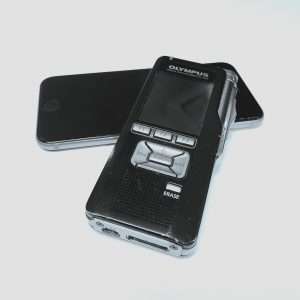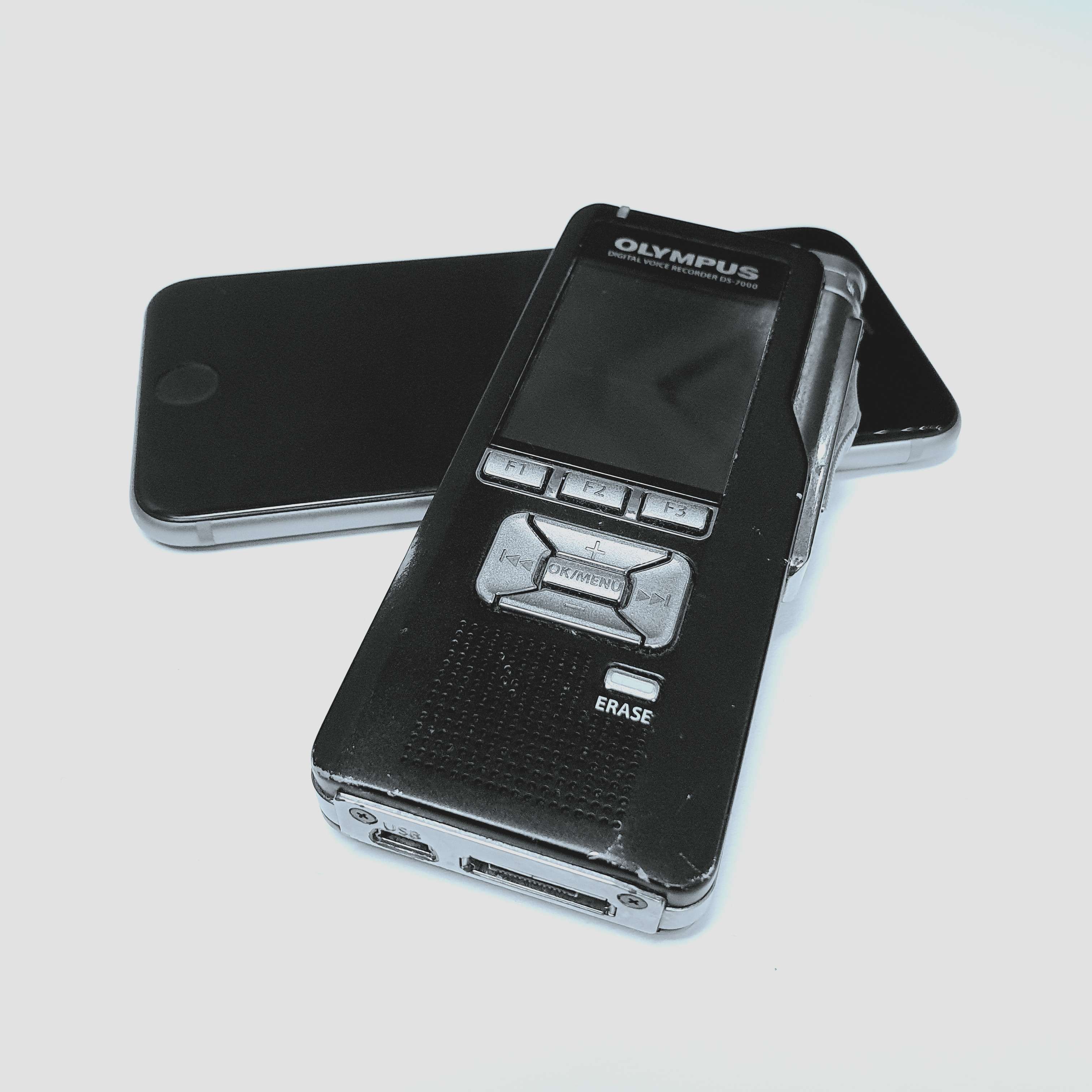These days, just about everyone has a smart phone and therefore, instant access to record events as they unfold. As tempting as it may be to hit record to gain that evidence that will finally prove that ex-partner behaving badly; think again- you may just be breaking the law and it can have serious consequences!
The Family Courts are inundated with cases alleging a great range of heinous behaviour towards ex-partners and children including family violence. It is often a slippery slope in how you get that evidence to be considered in a Family Law case, however.
While family law is federal legislation, each of the Australian states has their own version of law relating to the use of listening and surveillance devices within that state, which is generally very similar. In NSW the following legislation applies:
- Surveillance Devices Act 2007 (NSW)
- Workplace Surveillance Act 2005 (NSW)
- Crimes Act 1900 (NSW) ss 91K–91M
- Telecommunications (Interception and Access) Act 1979
- Privacy and Personal Information Protections Act 1988 (NSW)
Broadly speaking it is illegal to use a listening device to:
- to overhear, record, monitor or listen to a private conversation to which the person is not a party, or
- to record a private conversation to which the person is a party.
There are however, exceptions to this for example:
- If all principal parties to conversation consent (express or implied) to the recording or;
- If you a principal party to the conversation recorded and;
- It is ‘reasonably necessary’ for the protection of ‘lawful interests’ of the principal party or;
- The recording is not made for purpose of communicating or publishing the conversation or a report of the conversations to non-parties.

The mother in the case of Coulter set up a video recording device in the hallway of her home to record the handover of the children to the father including their conversations. She sought to put into evidence two such recordings (the video recordings) in addition to two audio recordings of private conversations between the father and the children made on phone when she was not present (the audio recordings).
Relevantly, the mother had alleged in her affidavit that at the time the recordings were made, she considered herself a victim of domestic violence.
The video recordings in Coulter were allowed in evidence as part of an exception to the illegality of making the recordings, to protect her lawful interests. The Court stated the behaviour of the father within those videos was consistent with the mother’s concerns and definition of family violence under the Family Law Act 1975. The judge went on to warn however:
“That finding should not be taken to be an imprimatur for the mother to secretly record any or all private conversations to which she is a party with the father …. I have simply found that in the circumstances of the subject video recordings at the time of the handovers she was acting to protect her lawful interests.”
On the issue of the audio recordings of private conversations however, the Judge Heffernan believed that the content of those recordings was not sufficient to make them in the public interest, or for the protection of the mother’s lawful interests. The mother could not have known in advance the content of those conversations. The Judge had a discretion to admit the evidence but felt that the probative value of the evidence did not outweigh the value of the children having a right to a meaningful relationship with the father via private conversations.
Judge Heffernan remarked at [27]:
“If in proceedings under the Family Law Act, the Court were to readily admit evidence otherwise improperly or illegally obtained, the temptation, and for many parties the tendency, would be to engage in widespread covert recording of private conversations which would contribute to a lack of trust between the parties, the unnecessary prolongation of disputes, and potentially erode the element of privacy necessary in any meaningful relationship between a parent and a child.”
Unsure about the legality of a recording?
If in doubt about the legality of making a recording for family law purposes, always consult a Family Lawyer before doing so. Serious penalties may apply if convicted of using a listening device including hefty fines and even imprisonment. Speak to our family law experts at Streeterlaw today on 02 8197 0105.









